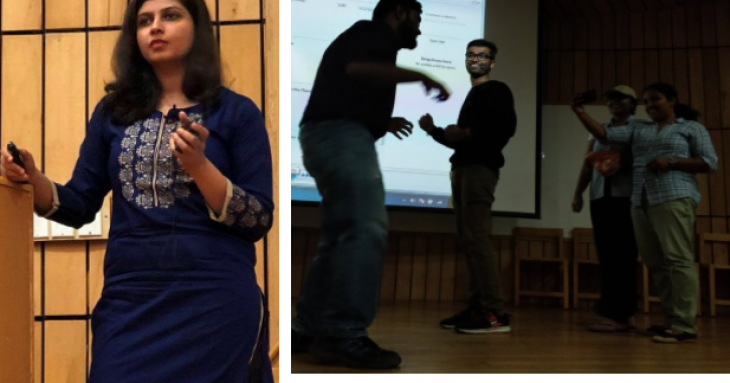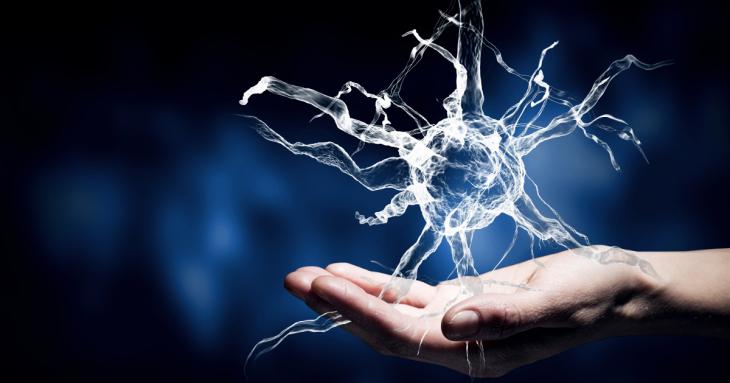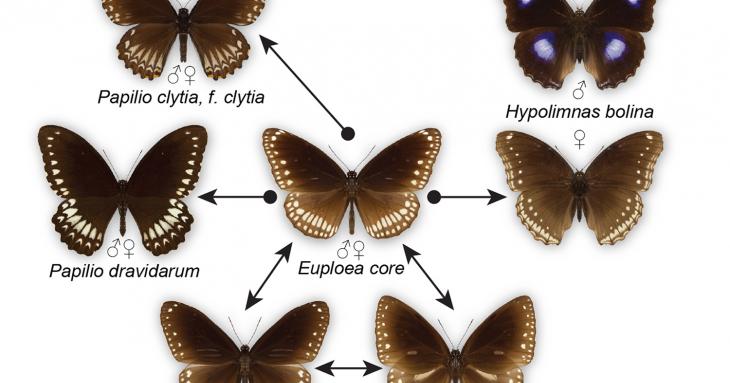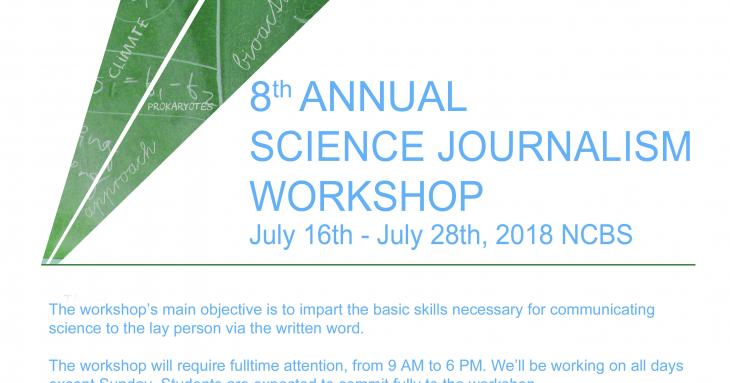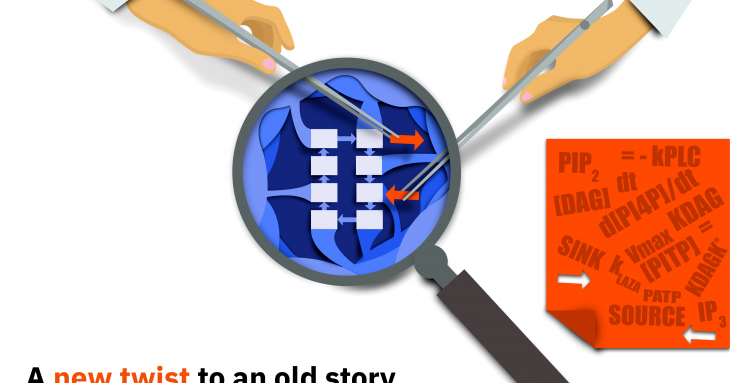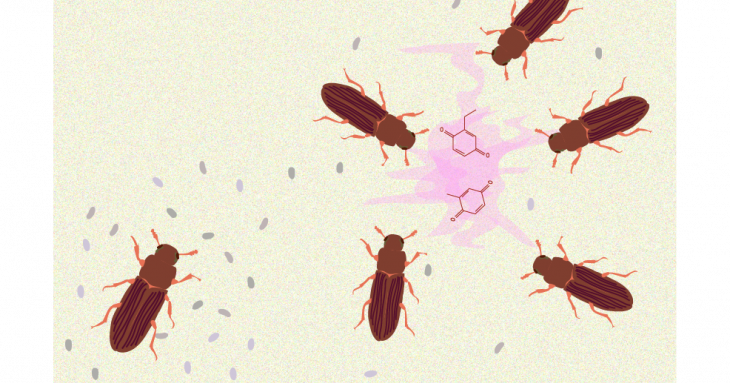-
Nothing “alternative” about careers beyond academia
An increasing number of PhDs now question the wisdom of jumping headlong into a postdoc (the autopilot postdoc). For most, this dilemma is a result of fewer tenured positions, remunerations (or the lack of thereof), and the fear of irrelevancy to society at large due to a constricted research focus.
-
An integrated approach to understanding mental illnesses: doctors & scientists collaborate to study neuropsychiatric disorders
With nearly 2 –3% of the population of youngsters and adults (between the ages of 15–59 years) at risk of developing neuropsychiatric diseases, India needs to focus on understanding mental disorders.
-
Active Evolvable Matter Lab Receives HFSP 2018 Young Investigator Research Grant
Prof. Shashi Thutupalli, head of the Active Evolvable Matter Laboratory at the National Centre for Biological Sciences, Bangalore has received a 2018 Young Investigator Research Grant from the Human Frontier Science Program (HFSP).
The prestigious three-year funding is intended to establish new collaborative ties with scientists around the world and empower these teams to combine their expertise in addressing fundamental questions.
-
Land degradation is affecting two-fifths of humanity
The Intergovernmental Science-Policy Platform on Biodiversity and Ecosystem Services (IPBES), in its recently-published assessment report, has concluded that land degradation has reached the point where it has become a major contributor to mass human migration and increased conflict.
-
NCBS Evolutionary Biologists Win American Society of Naturalists 2018 Presidential Award
The American Society of Naturalists (ASN) conferred its prestigious 2018 Presidential Award to evolutionary biologists from the National Centre for Biological Sciences (NCBS) of the Tata Institute of Fundamental Research, based in Bangalore, India. The ASN Presidential Award honors an outstanding research article from among all the papers published in the society’s journal, The American Naturalist, in the preceding calendar year. ‘Am. Nat.’ is a prominent scientific journal that publishes research papers in frontier areas of evolutionary biology and ecology.
-
8th Annual Science Journalism Workshop
NCBS announces its 8th Annual Science Journalism Workshop, which will be held on campus from
-
Prof K VijayRaghavan appointed Principal Scientific Advisor to the GoI
On Monday 26th March 2018, one of the most illustrious biologists in India, K VijayRaghavan was appointed Principal Scientific Advisor (PSA) to the Government of India.
-
A new twist to an old story of cellular signalling in the eye of a fly
The eye of the fly
Is wondrous indeed,
For capturing images
At uncanny speeds.
The molecular signal
That makes this possible,
-
For flour beetles, it’s better to be a woman in a man’s world
Recent work from Deepa Agashe’s and Radhika Venkatesan’s groups has shown that female red flour beetles reproduce better in male-dominated groups than in unbiased or female-dominated groups.
-
Of Bugs and Beetles: Deadly bacteria select for immune memory in beetles
We live in a world dominated by microbes, and most organisms have had to evolve strategies to deal with both, beneficial and pathogenic microbes. For humans as well as the animals we have domesticated, vaccination is by far the most popular and effective strategy against many pathogenic microbes. Vaccination relies on immune memory: on first exposure to a pathogen, our adaptive immune system generates specific antibodies, protecting against re-infection by the same pathogen.


